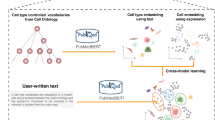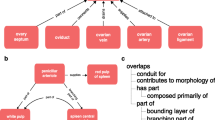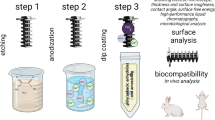Abstract
In order to effectively search, retrieve, and analyze data oftentimes it is curated and tagged with ontology terms. However, the amount of effort to curate the existing set of data resources is beyond the limits of purely manual curation. We present three ontology-based tools developed by the National Center for Biomedical Ontology to enhance the curation workflow: Ontology Widgets, Notes, and the Annotator. The Ontology Widgets provide a mechanism to use ontologies in Web-based forms without the need to locally parse and store the ontology. The widgets provide a variety of functionality including term autocompletion and ontology visualization. The Ontology Widgets are implemented for all BioPortal ontologies, including those from the OBO Foundry and Unified Medical Language System. The Notes feature of BioPortal allows structured term proposals to be submitted in order to request the addition or modification of a term in an ontology. The term proposals can be added directly via the BioPortal Web interface or programmatically via the Notes Web service. Notification of new Notes and replies are both RSS- and Email-enabled. Once the term curation process is complete, the OWL class or OBO stanza can be generated via the Notes Web service. Finally, the Annotator can be used to automatically process textual metadata to identify ontology terms found within the text. The Annotator can be accessed programmatically via the Annotator Web service and can be used with all BioPortal ontologies. In summary, the Ontology Widgets, Notes, and Annotator provide mechanisms to enhance curation by helping collect annotated data upon data submission, by facilitating ontology term curation, and by tagging unstructured textual data with ontology terms.
Similar content being viewed by others
Article PDF
Author information
Authors and Affiliations
Corresponding author
Rights and permissions
About this article
Cite this article
Whetzel, T. Ontology--based Tools to Enhance the Curation Workflow. Nat Prec (2010). https://doi.org/10.1038/npre.2010.5213.1
Received:
Accepted:
Published:
DOI: https://doi.org/10.1038/npre.2010.5213.1



